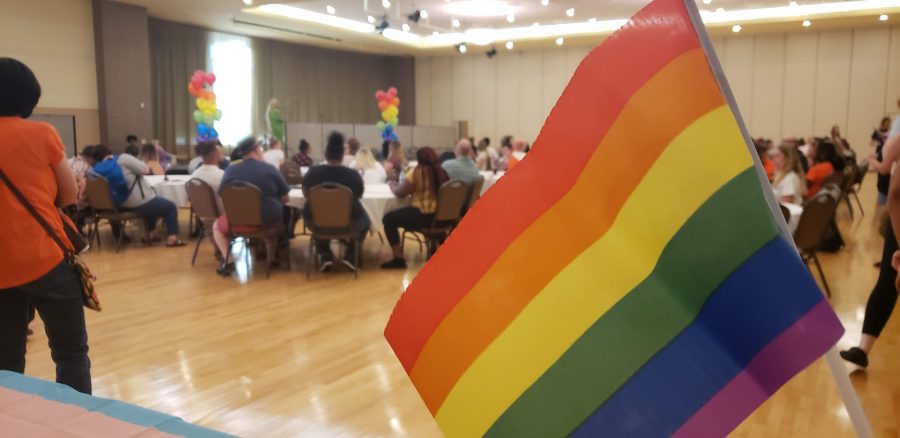Our society is faced with a dilemma when considering how to describe a person’s ethnicity.
For some, trying to decide how to describe race is to walk a tightrope between what is acceptable and what is insulting.
Over the past 100 years the terms used to describe various ethnicities have changed multiple times. As new generations are born there are changes in how our society describes its minorities.
These changes may have come on the heels of the various fights for civil rights and liberties. During the 1950’s, “colored” was an acceptable term to describe black minorities.
In the 1960’s, Hispanic and Latino Americans popularized the term “Chicano” during their push for civil rights.
Finally, during World War II, propaganda against the Japanese in the United States gave birth to an ethnic slur that is unacceptable to say in our society today.
Thomas Edge, an ethnic studies instructor at the University, said that in the past some of these terms were used with a political purpose in mind.
“It’s a very messy and difficult process today.” Edge said. “It’s hard to separate historical terms from their meaning during that period.”
Edge, who earned a Ph.D. in African American/Black Studies from the University of Massachusetts-Amherst, pointed out that some organizations that found their roots during the civil rights era took up certain ethnic describers to use to their advantage.
Organizations that still function today such as the National Association for the Advancement of Colored People (NAACP) still use the term “colored” – a term that many people would not find themselves saying out loud today.
Social changes have influenced the stigma around previous ethnic describers in the decades since the civil rights movement.
In an attempt to separate itself from previous ages of discrimination and prejudice, those in the majority of our current generation seek to become more politically correct.
Today, common ethnic describers like “African-American” and “Asian-American” are used but those terms aren’t necessarily accurate for many.
“It’s used as more of a formality,” Junior Emily Glenn said.
Glenn said that the media and her friends have played a role in helping her decide what terms to use.
“When you describe someone to someone else, we use race,” Glenn said. “Saying ‘black’ is easier but some people may think that’s wrong.”
Freshmen Simone Freidman and Bri McGuffie were in agreement on the issue.
“It’s important to be politically correct because you can offend a lot of people,” Freidman said.
“I feel like [African-American] is politically correct but it’s like, I’m not from Africa,” McGuffie said.
Professor Edge said that in the end when a person is trying to decide what terms are politically correct, they should consider whom they’re talking to.
“It’s important to know how a group wishes to see itself; not how we wish to see them,” Edge said.
Megan MacDonald, an ethnic studies instructor, explained in most cases ethnic names are prescribed to minority groups by the majority. But there have been changes recently.
“There are these shifting social perceptions,” MacDonald said. “Now it may be a foregone conclusion someone’s citizenship is American.”
MacDonald, an Ojibwa, said that indigenous peoples of North America are abandoning terms like Native American or American Indian.
Many are now using the name of their community or their heritage to identify themselves and are dropping the catch-all terms seen on the majority of forms and applications.
While our perceptions of race still continue to change, MacDonald acknowledged that in some cases there has been an effort for minority groups to reclaim some outdated ethnic labels.
“Some communities are trying to diminish the hate associated with them,” MacDonald said.
If a person finds themselves questioning the proper way to describe a person’s ethnicity, there is a way to find out which terms are preferred.
“Just ask the person,” MacDonald said.




















